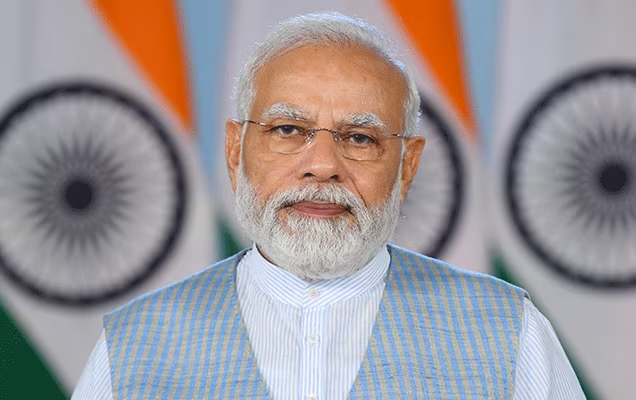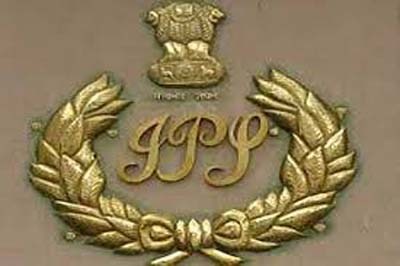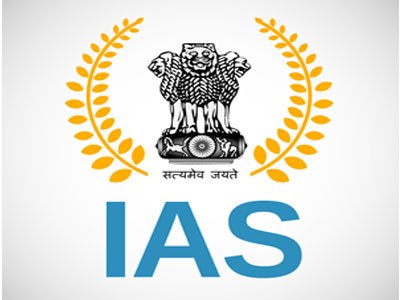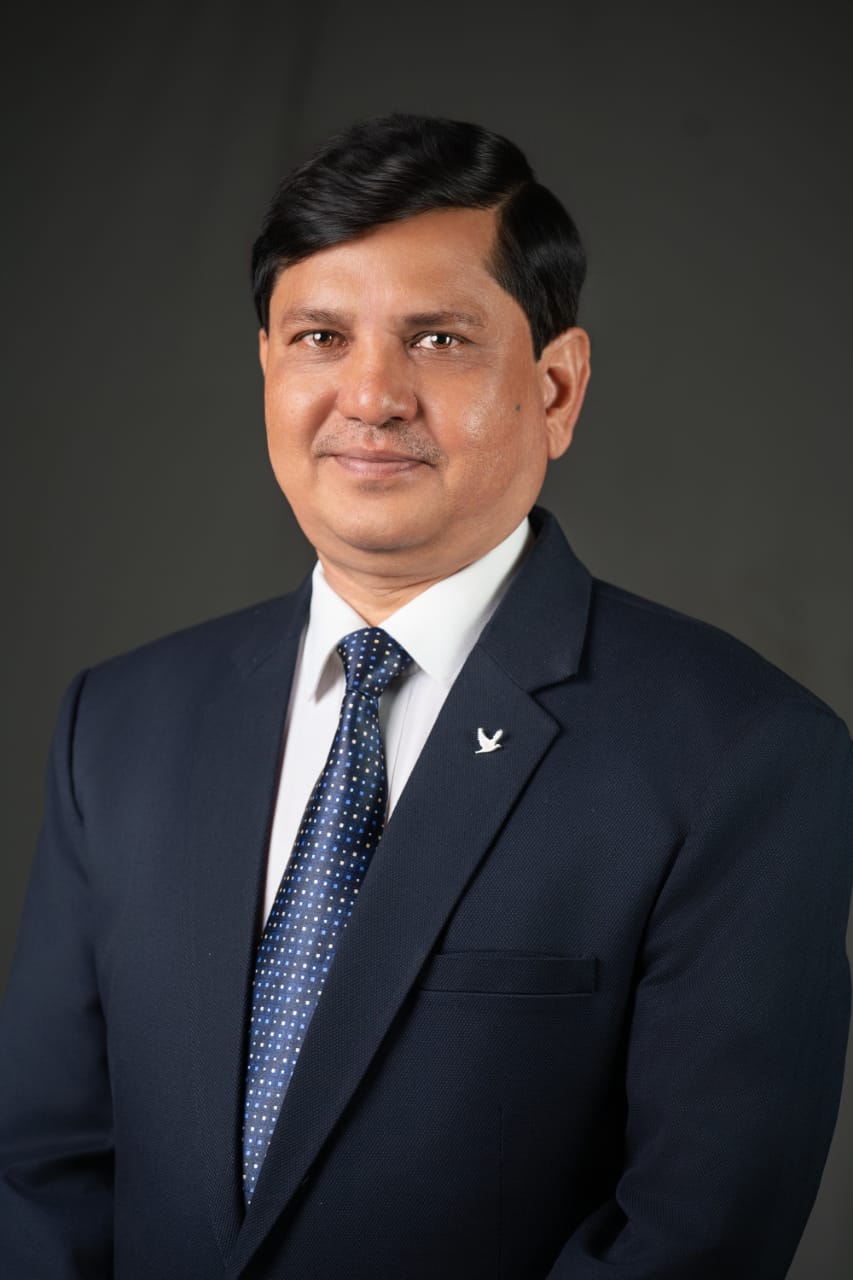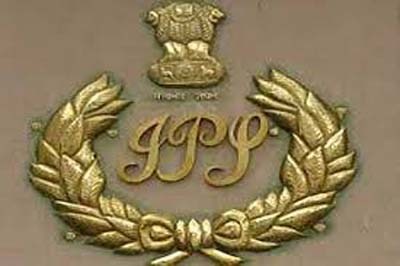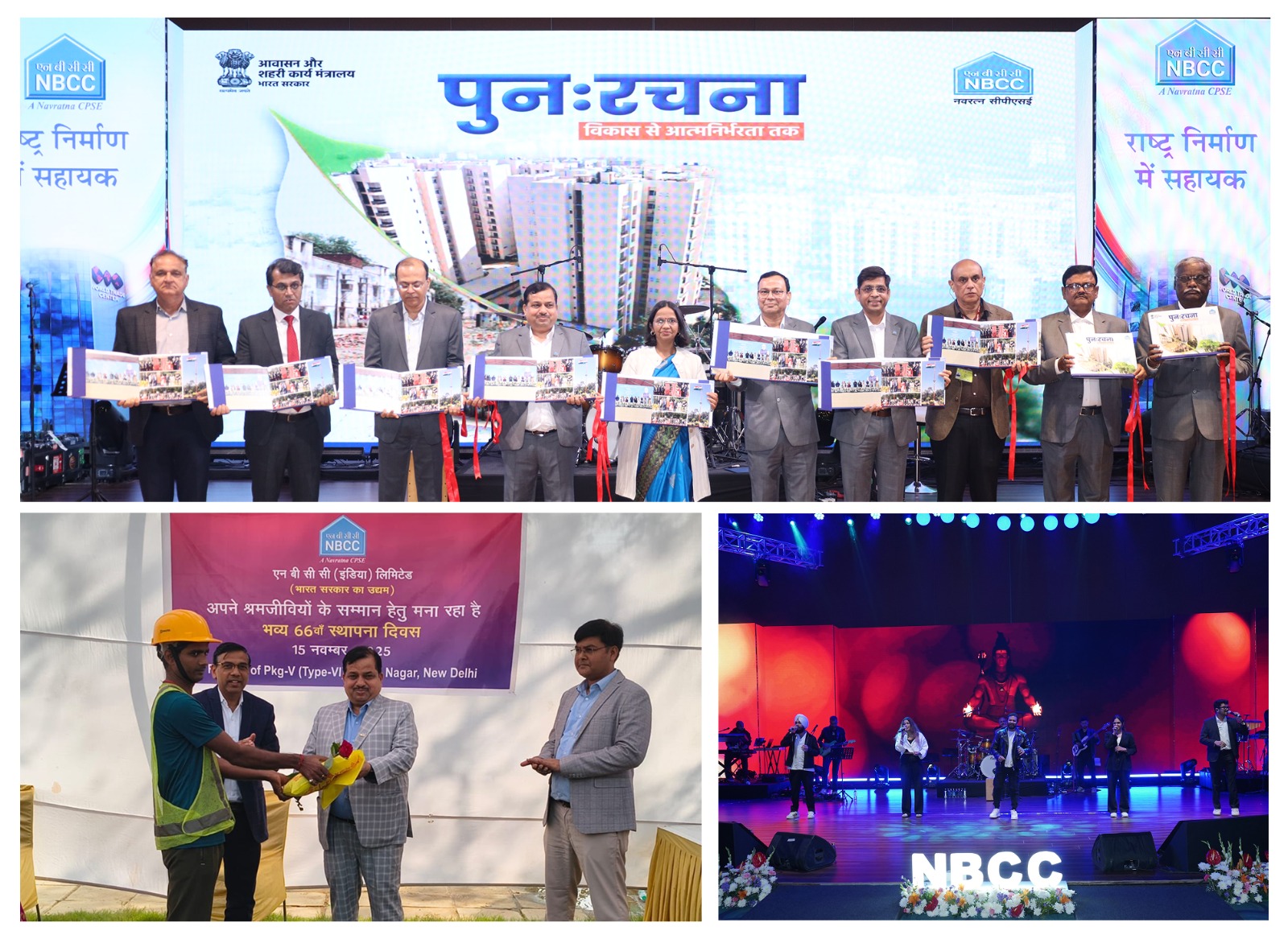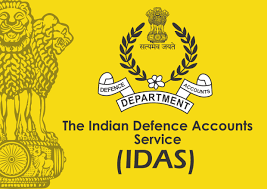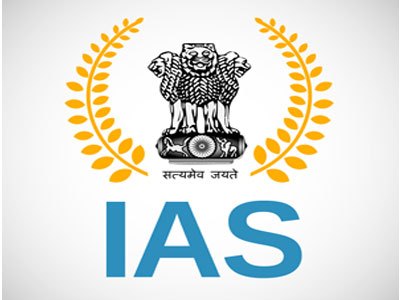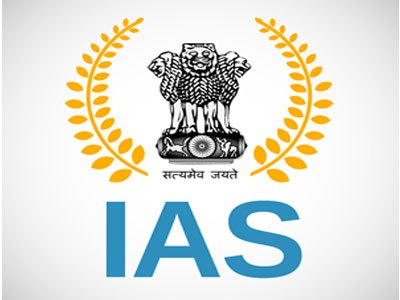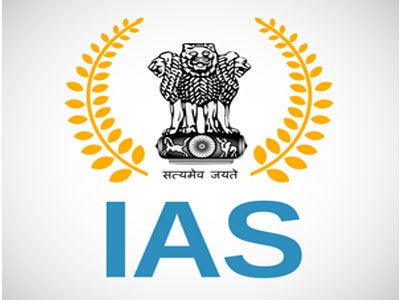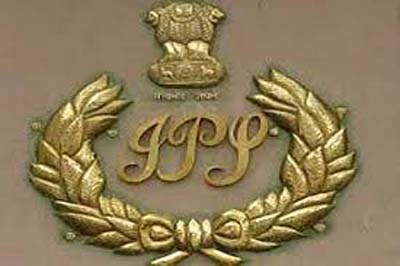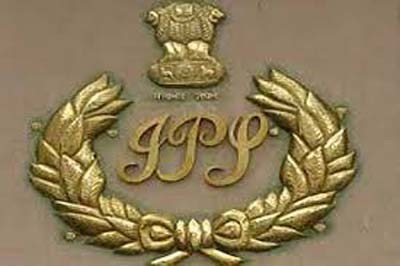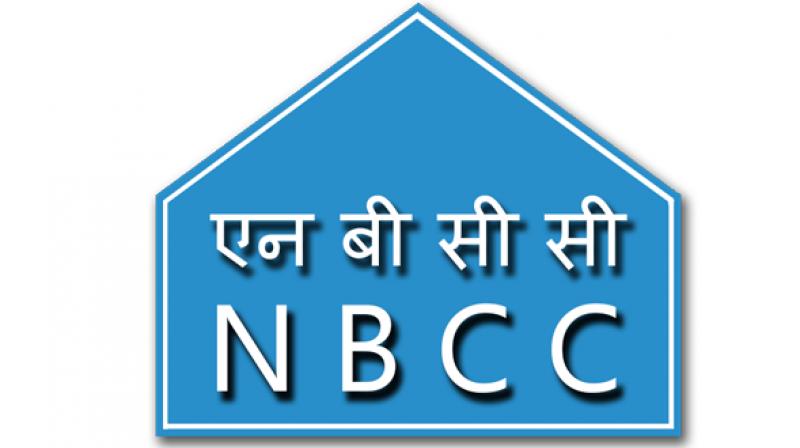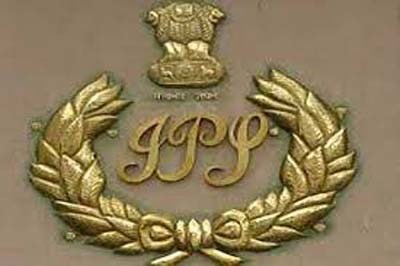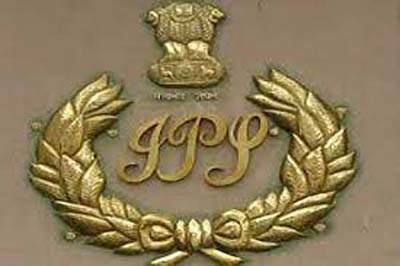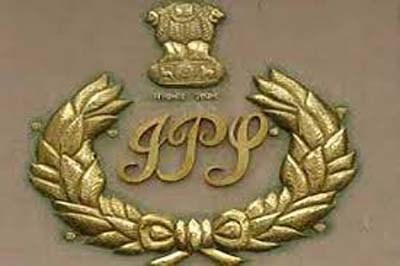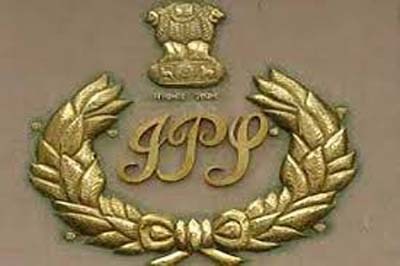Narendra Modi participated in a special Krishi programme at the Indian Agricultural Research Institute in New Delhi, today. The Prime Minister also interacted with farmers before participating in the public programme.
The Prime Minister launched two major schemes in the agriculture sector, with an outlay of Rs 35,440 crore. He launched the PM Dhan Dhaanya Krishi Yojana which has an outlay of Rs.24,000 crore. He also launched the Mission for Aatmanirbharta in Pulses with an outlay of Rs. 11,440 crore. The Prime Minister also inaugurated and dedicated to the nation projects valued at over Rs 5,450 crore in the agriculture, animal husbandry, fisheries, and food processing sectors, while laying the foundation stone for additional projects worth around Rs 815 crore.
Addressing the nation, the Prime Minister remarked, “Today is a historic day that marks the birth anniversaries of two of Maa Bharati’s illustrious sons who redefined India’s democratic fabric and rural development. Jayaprakash Narayan ji and Nanaji Deshmukh ji were the voices of rural Bharat and dedicated their lives to the empowerment of farmers and the underprivileged".
Marking the significant occasion, the Prime Minister underscored that the Pradhan Mantri Dhan-Dhaanya Krishi Yojana and Dalhan Atmanirbharta Mission (Pulse Self-Reliance Mission) are designed to usher in a new era of self-reliance, rural empowerment, and agricultural innovation, directly benefiting crores of farmers across the nation. “The Government of India will invest over ₹35,000 crore in these initiatives, reflecting its unwavering commitment to doubling farmers’ incomes and achieving food and nutritional security for the country”, Shri Modi said.
The Prime Minister emphasized the central role that agriculture and farming have always played in India’s development journey. Addressing the nation, the Prime Minister recalled the long-standing neglect faced by the agricultural sector during previous governments and reaffirmed his commitment to empowering India’s farmers. He noted that a rapidly developing 21st-century India required a robust and reformed agricultural system, and this transformation began after 2014 under his government. “We broke away from the apathy of the past. From seed to market, we introduced comprehensive reforms in the interest of our farmers. These reforms were not just policy changes. They were structural interventions aimed at making Indian agriculture modern, sustainable, and resilient,” Shri Modi said.
The Prime Minister stated that in the last eleven years, India’s agricultural exports have nearly doubled. Foodgrain production has increased by approximately 90 million metric tonnes. Fruit and vegetable production has grown by more than 64 million metric tonnes. India today ranks first in the world in milk production and is the second-largest fish producer globally. Honey production has doubled compared to 2014, and egg production has also doubled over the same period.
He further informed that six major fertilizer plants have been established in the country during this time. More than 25 crore Soil Health Cards have been distributed to farmers. Micro-irrigation facilities have reached 100 lakh hectares of agricultural land. Under the Pradhan Mantri Fasal Bima Yojana, insurance claims worth ₹2 lakh crore have been disbursed to farmers.
Over the past eleven years, more than 10,000 Farmer Producer Organizations (FPOs) have been formed to enhance farmer cooperation and market access.
The Prime Minister shared that he had spent time interacting with farmers, fishermen, and women working in the agriculture sector. He listened to their experiences and insights and noted that such interactions reflect the true transformation taking place in Indian agriculture.
The Prime Minister stated that the current spirit of the nation no longer settles for limited achievements. He emphasized that if India is to become a developed country, continuous improvement and progress in every sector is essential. It is with this vision that the PM Dhan-Dhaanya Krishi Yojana has been launched.
The Prime Minister highlighted that this new agricultural initiative draws inspiration from the success of the Aspirational Districts Programme. He recalled how previous governments had declared over a hundred districts in the country as “backward” and largely neglected them thereafter. In contrast, his government chose to focus on these districts with a targeted and dynamic approach, redesignating them as “aspirational districts.”
He outlined the strategy of convergence, collaboration, and competition for transformation in these districts. “All efforts were united under the spirit of "Sabka Prayas" and a model of healthy competition was encouraged among districts to drive faster development” Shri Modi underscored.
The Prime Minister noted that in these 100+ districts, approximately 20 percent of villages had never seen a road since Independence. “Today, thanks to the focused implementation of the Aspirational Districts Programme, the majority of these villages have been connected with all-weather roads”, Shri Modi added. He also highlighted the improvement in healthcare delivery. At the beginning of the programme, 17 percent of children in these districts remained outside the coverage of basic immunization. Now, most of these children have been brought under full immunization coverage. “Over 15 percent of schools in these districts lacked electricity. Today, nearly every such school has been equipped with a power connection, ensuring a more conducive learning environment for children”, Shri Modi noted.
These achievements, he said, are a direct result of a development model built on convergence, collaboration, and competition, where coordinated efforts across departments and active participation from citizens have delivered tangible results.
Shri Modi emphasized that the inspiration behind the PM Dhan-Dhaanya Krishi Yojana comes directly from the success of the Aspirational Districts model. “The selection of these 100 districts has been carried out with thoughtful consideration and based on three key parameters, First, the level of agricultural output per unit of land. Second, the number of times crops are cultivated on the same land within a year. Third, the availability and extent of institutional loans or investment facilities for farmers” Shri Modi highlighted.
“We have often heard the phrase “36 ka aankda”, a way of saying that two parties are completely at odds with each other. But as a government, we challenge such perceptions and reverse them”, Shri Modi remarked. He underscored that under the PM Dhan-Dhaanya Krishi Yojana, we are bringing together 36 different government schemes in a unified and coordinated manner. Whether it is the National Mission on Natural Farming, the ‘Per Drop More Crop’ campaign for efficient irrigation, or the Oilseeds Mission to boost oilseed production. Many such initiatives are being integrated under one umbrella including special focus on livestock development. “Under the PM Dhan-Dhaanya Krishi Yojana, localized livestock health campaigns will also be launched to ensure continued care and disease prevention at the grassroots level” , Shri Modi said.
